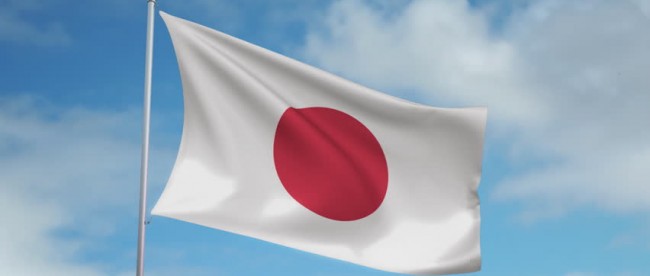The Land of the Adopted Son

In 2011, a total of 81,000 people were adopted by Japanese families. If you think that’s a lot of babies changing families, though, you’re wrong — but not because 81,000 is a small number. It’s because the vast majority of those 81,000 aren’t babies at all. According to Wikipedia, 90% of those adopted are adult males in their 20s and 30s.
Why? To keep businesses in the family.
Japan is home to many businesses which are hundreds of years old — here, for example, are ten which are more than 800 years old, and there are many others which are still old but not as inconceivably so. Many of these businesses are family-run ones, passed from one generation to the next. But biology and other factors get in the way over that many years, especially in a culture which demands a male lead (at least facially) even today. If a company’s owner doesn’t have a son, or if the son(s) are for some reason not up to the task, the company has no heir, putting the organization at risk.
Given the fact that many of these businesses have been around centuries, this isn’t a new problem. During the 1600s, there were plenty of merchants in Japan who lacked a son (or who had one that, for various reasons, wasn’t going to make for a suitable heir). On the other hand, there were other merchants with two or more sons. As their male children after the first would be left without a business to inherit — the companies passed onto the first-born son — there seemed to be a misallocation of male children. Some had too few, others had too many. Adoption seemed to be a reasonable solution — those without heirs adopted boys from families with too many children.
The solution stuck and has lasted for generations since, continuing on today with one notable adjustment: often, the adopted son is also the son-in-law via a biological daughter. In many of those cases, according to the Economist, the marriage is arranged by a consultant who specializes in “son-in-law adoption” and finds a man who is would make for both a good husband and heir. Some companies have passed the torch onto multiple generations of sons-in-law; for example, automaker Suzuki “is famously known to have been led by adopted sons,” according to the BBC, which notes that “the current chairman and CEO Osamu Suzuki is the fourth adopted son in a row to run the company.”
The adopt-your-heir model may not be a meaningless quirk of history, either — there are many who believe that it is a key reason for the firms’ centuries-long survival. Freakonomics, for example, notes that “not great things” happen when “the heir to a family business isn’t up to the job,” and that unfortunately happens rather often (especially if the heir inherits some wealth as well). Bringing in a hand-picked, non-biological heir avoids that — you can’t choose your son, but you can choose your son-in-law (somewhat) — and helps Japan’s very old businesses keep going.
Bonus Fact: Japan’s businesses are just as technologically proficient as any other industrialized nation’s, but they still use fax machines regularly. According to the BBC, “87.5% of Japanese businessmen surveyed by the Internet Fax Research Institute say that a fax machine is a crucial business tool” and “the majority of Japanese households – 58.6% of them according to the government – still owns a fax machine.”
From the Archives: Cards, Love, and Mario: Nintendo is one of those older Japanese companies (it was founded in 1889). They clearly haven’t been making video games since then, though — that wouldn’t start until 1985. So, what did Nintendo do for that first century? A lot of strange things.
Take the Quiz: Japan, Jamaica, or Jordan? Pick the right country.
Related: In case you need a fax machine.
